Most economists and investors view the modern economic order as a success. Sure, the rich are getting richer, but overall living standards have been on the rise around the world. Yet in this bracing study, economist Clara Mattei delivers a contrarian analysis. She asserts that, by using central bank policy and tax levels to control the economy, the powerful are enriching themselves and ripping off the masses. Mattei skillfully traces the roots of austerity programs to World War I, and she offers a thought-provoking take on the political and economic upheavals that have ensued in the century since.
World War I upended established notions of capitalism.
In the 18th century, capitalism emerged as the dominant economic structure in nations like Great Britain. The economy was seen as self-regulating – the laws of supply and demand dictated the prices of labor and goods. In capitalist systems, the state had a limited role: Government ensured property rights and wage relations; otherwise, it stayed out of the economy. But the adoption of the gold standard in the mid-19th century changed everything. National treasuries needed to maintain a minimum supply of gold. Reaching that objective required imposing tight fiscal and monetary policies, and ideally achieving a trade surplus. Britain and Italy were among the most advanced economies in this sphere.
When World War I erupted at the start of the 20th century, nations had to reverse the strategies that had separated the public and private sectors. The sheer size of the war effort meant that countries couldn’t meet their military needs through the established economic structure. They needed arms, and states suddenly had little choice but to intervene in the manufacturing...









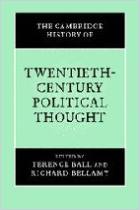
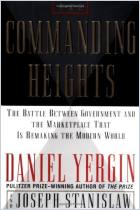
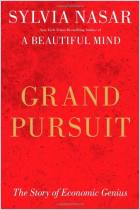
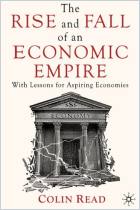
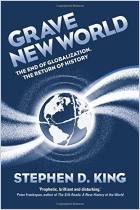
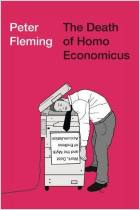



Comment on this summary or Comenzar discusión